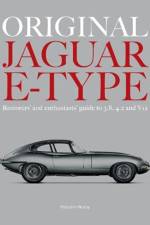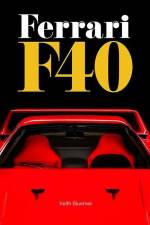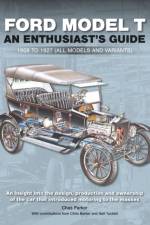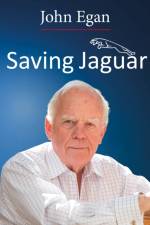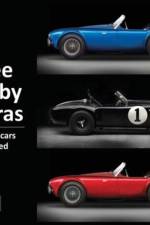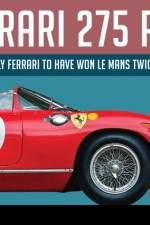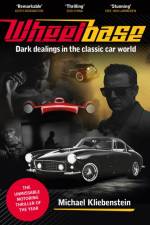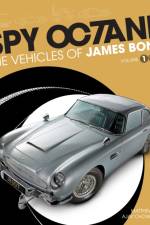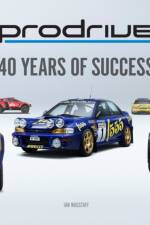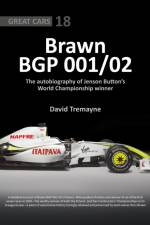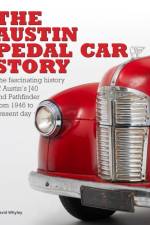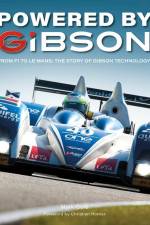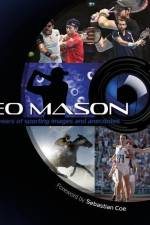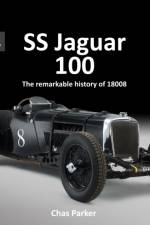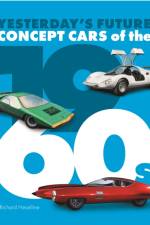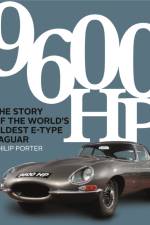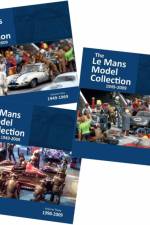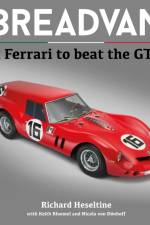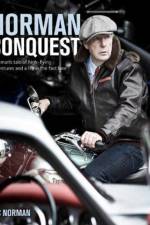av Chas Parker
485
The open two-seater SS Jaguar 100 was introduced in 1935, the name derived from the car's 100mph top speed, and was the first model to use the Jaguar moniker (previously the company founded by William Lyons and William Walmsley had produced motorcycle sidecar combinations under the Swallow Sidecars banner, and then cars using the 'SS' brand). The SS 100 was powered by a Harry Weslake-developed version of the six-cylinder engine produced by Standard Motor Company. SS Jaguar 100 chassis No. 18008, carrying registration BWK 77, and now known as 'Old No. 8' in deference to its chassis number, is regarded as the first works Jaguar racing car, and initially came to fame in the 1936 Alpine Trial (not to be confused with the Alpine Rally), which was run in Switzerland over a distance of 1,455 miles. Tommy and Elsie Wisdom persuaded William Lyons to lend them the then-new BWK 77 for the event, and against initial expectations they won in the car. Following the Alpine Trial victory Old No. 8 became the company's development car, Tommy Wisdom continuing to drive in it in circuit-racing events, while Sammy Newsome took the wheel for hillclimbs. As the car continued to be developed, it was lightened, and a new, more powerful 3.5-litre engine was fitted in place of the original 2.5-litre version, with the engine repositioned to improve weight distribution. In this form, in 1937 the car lapped the outer circuit at Brooklands at a speed of 118mph, winning with Wisdom at the wheel at an average speed of 112mph. Post-war, the car continued to compete, now in private hands, and was regularly entered by various owners in races and sprints, with various further modifications carried out along the way . After passing through various owners, and spending time on display in a French motor museum, and then in the Moray Motor Musuem, in Scotland, the car was purchased by its present owner in 2020, and is still raced today. 'Old No. 8' is one of the most significant cars in the rich history of Jaguar, and its fascinating story is told in-depth in this book, including details of its early works competition career and a look at the anatomy of this unique and important SS 100. The engaging text is supported by a remarkable selection of archive period photographs, along with a gallery of specially commissioned studio photography documenting this 'Exceptional Car' as it is today.

